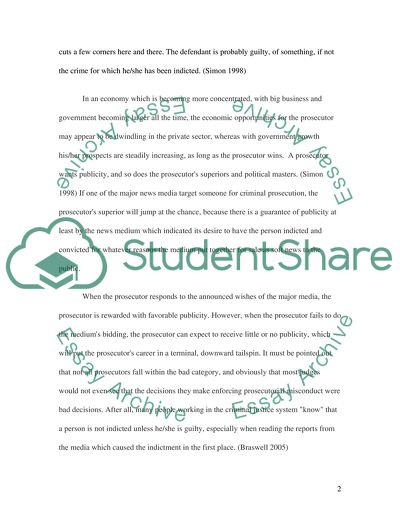Cite this document
(“Crime and Punishment: A Conceptual and Ethical Enquiry Research Proposal”, n.d.)
Crime and Punishment: A Conceptual and Ethical Enquiry Research Proposal. Retrieved from https://studentshare.org/social-science/1544734-crime-and-punishment-a-conceptual-and-ethical-enquiry
Crime and Punishment: A Conceptual and Ethical Enquiry Research Proposal. Retrieved from https://studentshare.org/social-science/1544734-crime-and-punishment-a-conceptual-and-ethical-enquiry
(Crime and Punishment: A Conceptual and Ethical Enquiry Research Proposal)
Crime and Punishment: A Conceptual and Ethical Enquiry Research Proposal. https://studentshare.org/social-science/1544734-crime-and-punishment-a-conceptual-and-ethical-enquiry.
Crime and Punishment: A Conceptual and Ethical Enquiry Research Proposal. https://studentshare.org/social-science/1544734-crime-and-punishment-a-conceptual-and-ethical-enquiry.
“Crime and Punishment: A Conceptual and Ethical Enquiry Research Proposal”, n.d. https://studentshare.org/social-science/1544734-crime-and-punishment-a-conceptual-and-ethical-enquiry.


